
Dartmoor is the only place in England where the public are officially allowed to wild camp, but in recent months anti-social camping and litter have been a big problem. In response, the Dartmoor National Park Authority want to restrict camping in some prescribed, largely roadside, areas. The suggestion has met a mixed reception, as a recent opinion piece from John Bainbridge, an opponent of restrictions, made quite clear:
We have offered Dartmoor National Park a right to reply, and here Alison Kohler, Director for Conservation and Communities, makes the case for a change in the byelaws.
- The proposals are out for public consultation until 1st November. You can have your say here
On October 30, Dartmoor celebrates the 70th anniversary of being designated a National Park. It was established in the same year as the Peak District, Lake District and Snowdonia.
There have been many key milestones throughout those 70 years. A pivotal one was the passing of the Dartmoor Commons Act in 1985, a ground-breaking Act which provided a legal public right of access on foot and horseback.
The public right of access is governed by Dartmoor's byelaws, introduced in 1989, and which also seek protect the National Park's special qualities – the very reason for its designation.
While Dartmoor has remained constant, our lives have continued to change. Advances in technology, changing legislation and changes in how people access open spaces are all having an effect – both good and not so good.
Some challenges have been long-term, but the COVID-19 pandemic brought them sharply into focus.
Current byelaws need revising to ensure they better reflect the modern world and enable people to enjoy the things that make Dartmoor so special: wild moorland, wooded river valleys, cultural heritage, rare wildlife and more besides. The proposals can be seen in detail in this report.
We admire the passion and enthusiasm for public access and countryside protection in Mr Bainbridge's recent article. However, some of his remarks are inaccurate and we're grateful for the opportunity to explain the position.
An important aim of the review is to provide consistency: a single set of byelaws covering both open access land under the Countryside and Rights of Way Act and the Dartmoor Commons Act. Currently, this doesn't exist and causes confusion, misunderstanding and ambiguity.
It also makes enforcement challenging (sometimes impossible) where issues have been reported.
He suggests a lack of consultation – this is also not true. Consultation is a statutory part of the process and is underway now. We want to hear a wide range of views to help shape decision-making going forward.
We're proposing revisions to existing backpack camping rules to ensure they are clearer and are within the original ethos of the Dartmoor Commons Act 1985; that is, to allow people to truly experience wild camping with the 'leave no trace' principles still in mind.
The revisions seek to withdraw some small areas (around 8% in total) which are struggling with overuse and/or where the moorland fabric is being damaged.
We want to reassure readers the byelaw review doesn't seek to stop group activities or, as Mr Bainbridge says, 'protest walks.' What it aims to do is strengthen existing National Park policy on recreational events.
Dartmoor National Park Authority was created by the Environment Act 1995 to conserve and enhance Dartmoor's natural beauty, wildlife and cultural heritage and promote opportunities for people to understand and enjoy its special qualities. We also have a duty to promote the economic and social wellbeing of our local communities.
We see organised events as a great way to blend all three in ways that benefit Dartmoor. It's wonderful to see people making connections to the landscape through recreational events.
However, they need careful managing so the precious habitats and wildlife which people come to enjoy remain protected. In recent years here's been an increase in the number and size of these types of events which puts pressure on the environment.
It's essential that event organisers work with, and seek permission, from landowners and us so events are safe, manageable and don't adversely impact on protected sites or wildlife or the people living and working on Dartmoor.
With his experience and knowledge of Dartmoor, Mr Bainbridge will appreciate that what we're trying to achieve is a difficult balancing act. Some will argue the proposals do not go far enough, others will say they go too far.
There will be mixed views, but we know every single one has a genuine interest in, and concern for, this wonderful landscape.
The proposed amendments aim to underpin what we were set up to do and what the National Park was designated for. They provide clearer rules about what people can and cannot do and they are necessary to support the Rangers in their important role to educate, explain and engage with the public so people can enjoy the National Park. Enforcement is – and will always be - the last resort.
This is your opportunity to look at the proposals and offer feedback through a survey. Visit our website to have your say. The consultation closes on 1 November.
After that, the Authority will meet again to consider responses and agree appropriate changes. The revised byelaws will be advertised for a further six weeks. Subject to any feedback they'll then go to Defra for final confirmation.
Whether you enjoy watching the sunrise from the top of a tor, or love looking up at the stars while you're under canvas, we hope you'll help us continue to care for this special place.














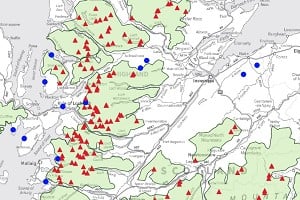
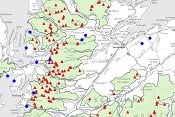
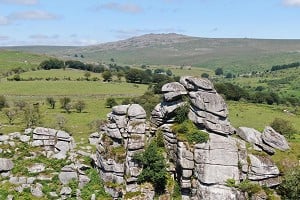
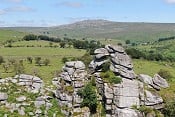






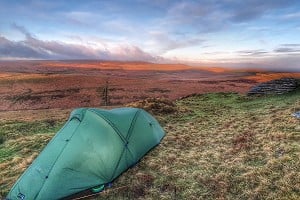
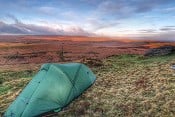
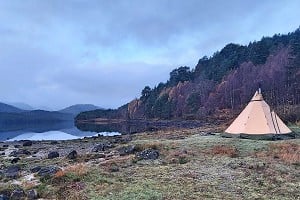
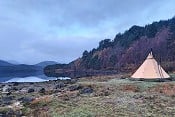
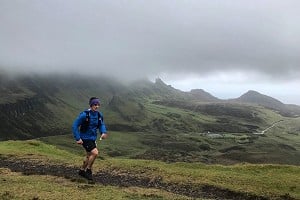
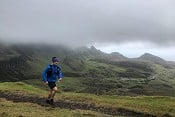
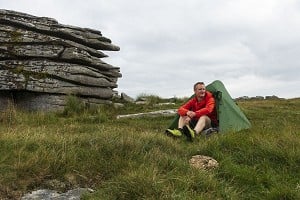
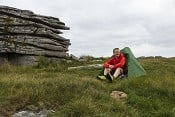
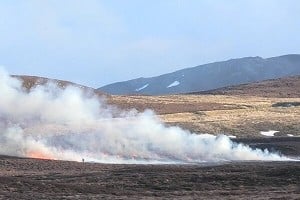
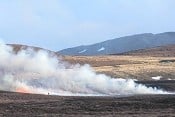
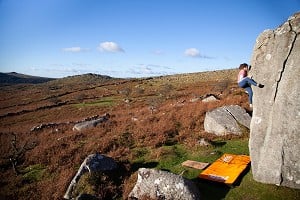
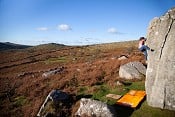
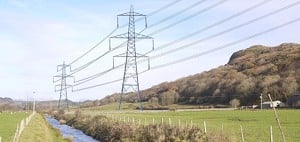

Comments
I appreciate the article, and I think it is much to UKC's credit that both sides are given the space to present their views.
That said, I don't see how this article addresses any of the objections to the proposals. Further, it doesn't give any examples of how specific proposed changes will achieve the stated aims.
As someone who lives, walks and camps on Dartmoor I think the proposals are very reasonable and the changes are very minor. The reduction in the areas where wild camping is permitted is only about 8% and are areas close to the road which doesn't count as wild camping anyway
As someone else has said, I think it’s very appropriate to present both sides of this case, and some good points are made in this response.
There are however two fairly important points not addressed by this response.
1. There are existing byelaws which could have been used to clamp down on the unwanted behaviour, but I understand that no prosecutions have been brought. I’m not sure it’s appropriate to use unpunished criminal behaviour as a justification for introducing new criminal offences.
2. The 8% reduction in the permissible camping area may sound reasonable, but the proposed changes also give DNPA a new power to reduce the area of permissible camping at any time without further consultation, which is a significant and very valid concern raised by John Bainbridge which has not been addressed in this article.
I hope DNPA listen carefully to the concerns of those of us who already value and respect the moor, and reconsider some of the proposed changes.
Do you mountain bike on Dartmoor?
Do you ever sleep in a van?